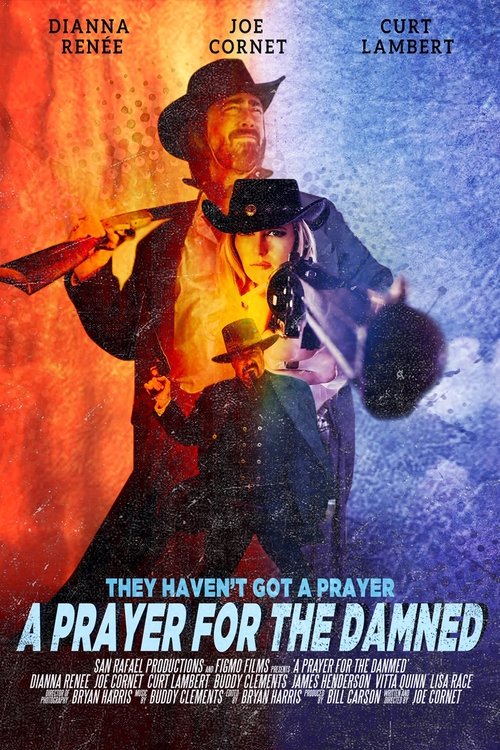Informações
Sinopse:
Duração: 01h34m
Data de lançamento: 01 de junho de 2018
Genêros: Faroeste.
(1 votos)
?
?

Sinopse:
Duração: 01h34m
Data de lançamento: 01 de junho de 2018
Genêros: Faroeste.

The life and struggles of a group of high school seniors living in Waco, Texas.

Several little boys run along a pier, then jump into the ocean.

Após a morte da sua mãe, James Erikson (Armin Habibovich) descobre um antigo armário onde sua mãe armazenava jornais e papéis sobre a história da sua família. A medida que ele procura, James descobre que ao longo dos anos a família vem tentando esconder e conter um mal que atravessa várias gerações.

Akiyama is an intern, disgusted with the noise pollution caused by the bullet trains and the heart attacks that noise has been causing in older hospital patients, plots to disrupt and, in ten days, destroy a unit of the operation. He warns the Japan National Railway, that, if nothing is done to reduce the noise, he will derail a bullet train. Takigawa is the police detective sent to stop him.

Celebrate the holidays with two classic "Little House" specials, restored and remastered for superior picture and sound. In "Christmas at Plum Creek," the members of the Ingalls family share a heartwarming first Christmas in their new home, and Laura makes a personal sacrifice that captures the meaning of the holidays. In "A Christmas They Never Forget," the family waits out a snowstorm by remembering favorite Christmases from the past.

A reclusive video editor receives footage of her own death.

Valdis Nulle is a young and ambitious captain of fishing ship 'Dzintars'. He has his views on fishing methods but the sea makes its own rules. Kolkhoz authorities are forced to include dubious characters in his crew, for example, former captain Bauze and silent alcoholic Juhans. The young captain lacks experience in working with so many fishermen on board. Unexpectedly, pretty engineer Sabīne is ordered to test a new construction fishing net on Nulle's ship and 'production conflict' between her and the captain arises...